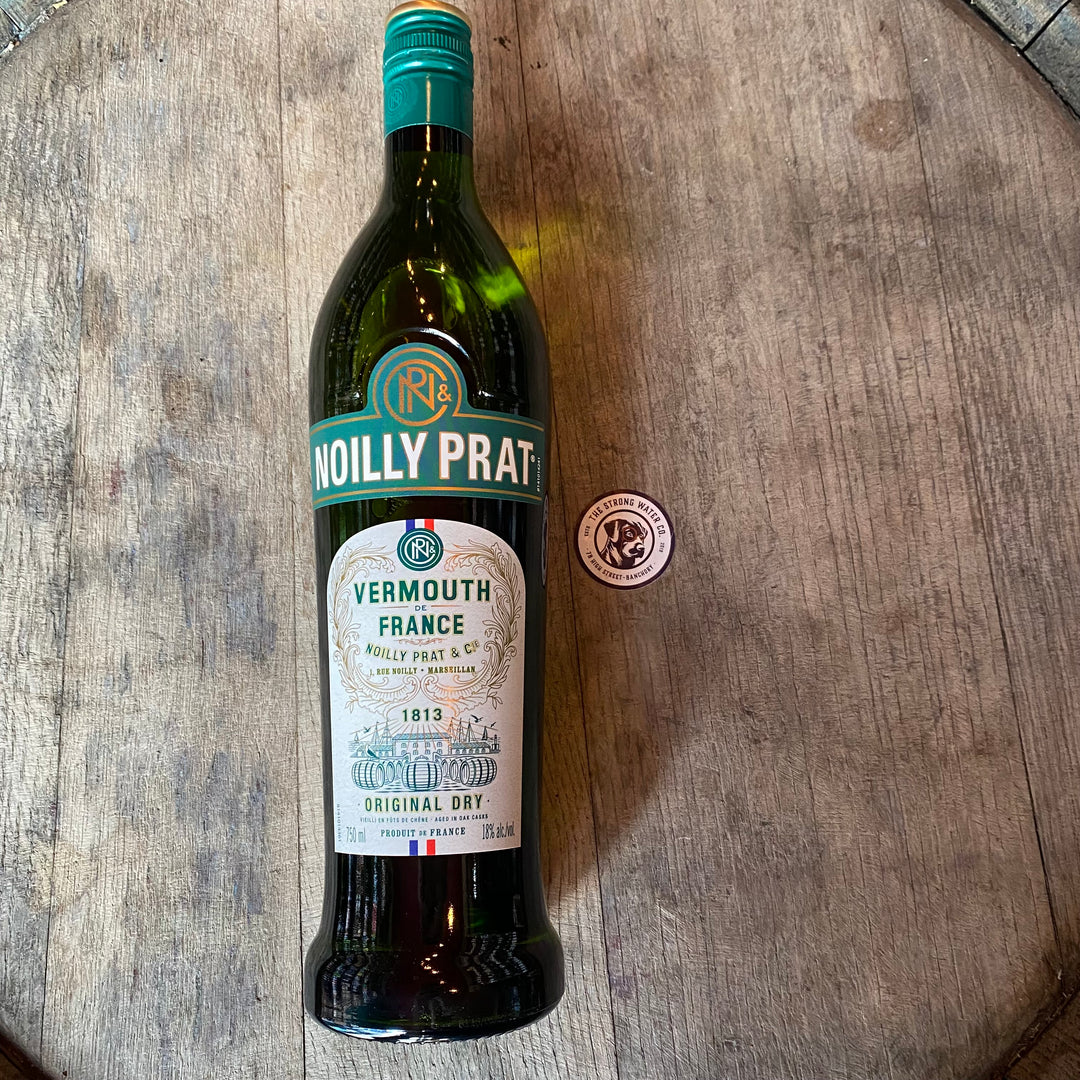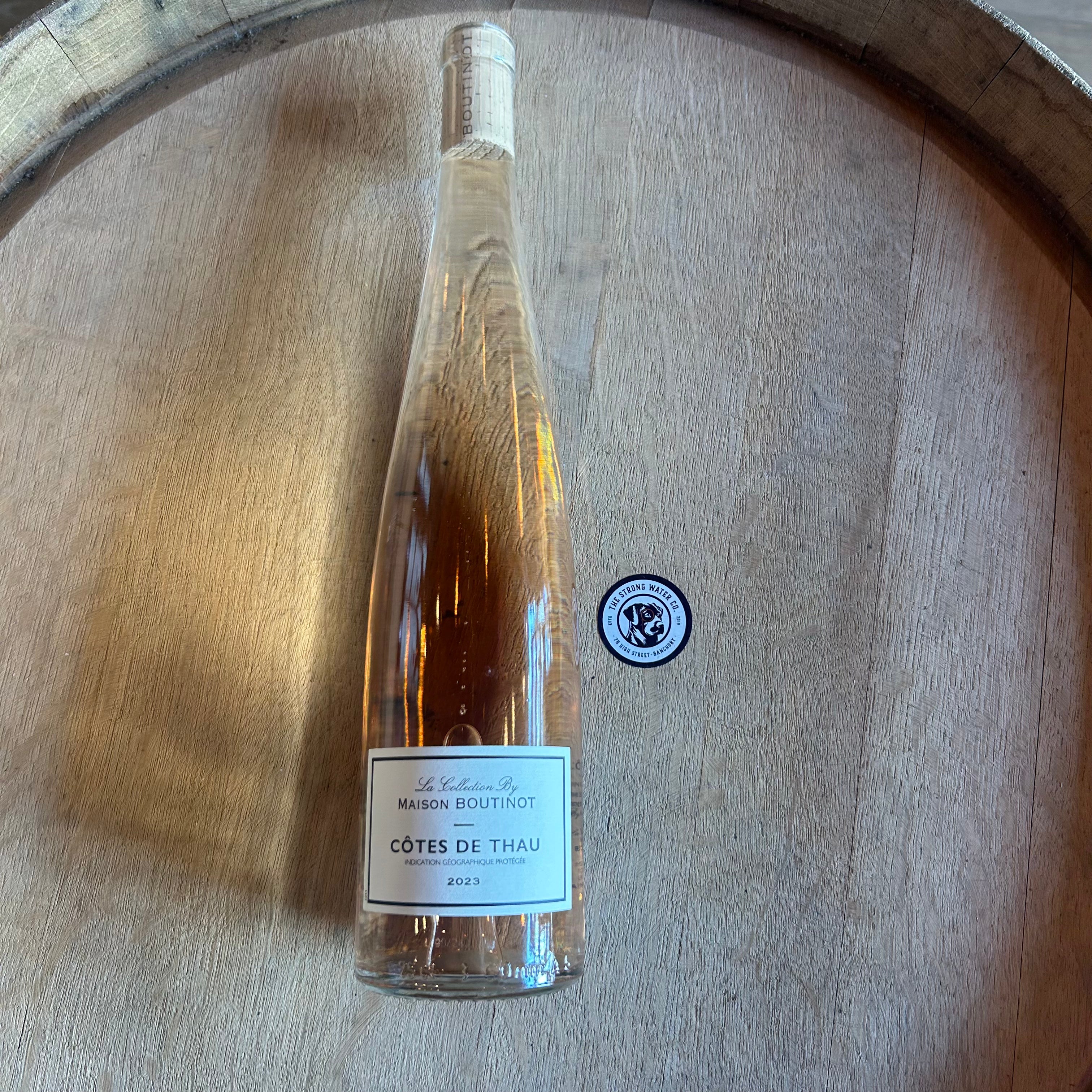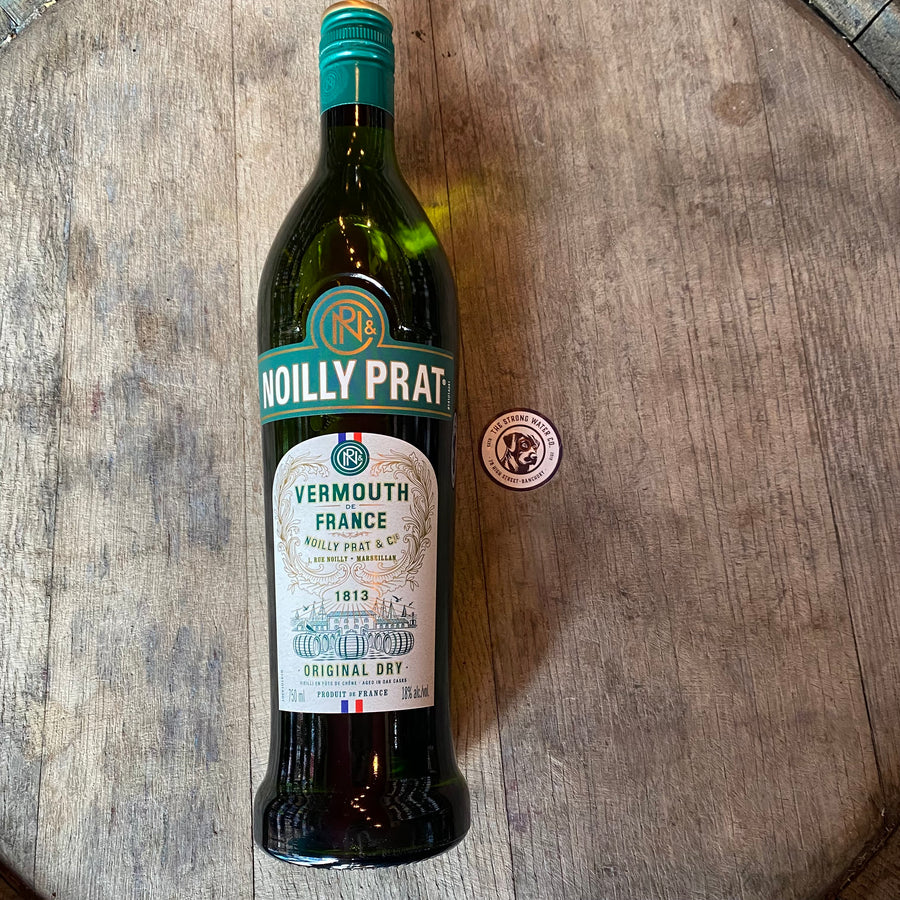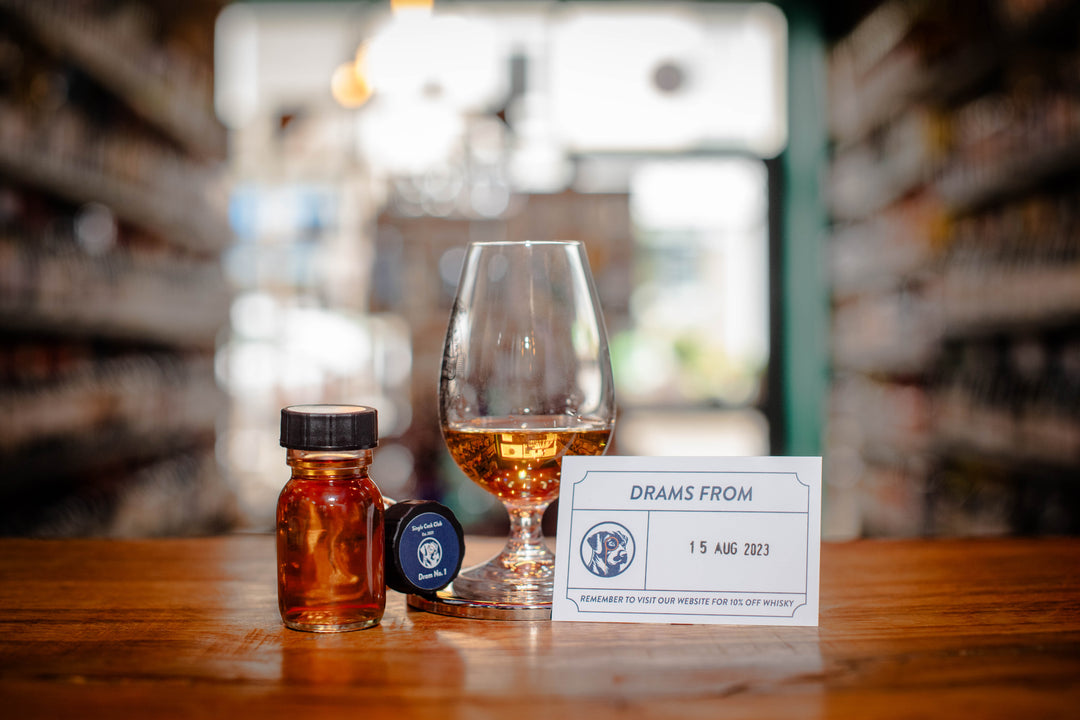
Noilly Prat
Noilly Prat
70cl / 18% ABV
Tasting Notes
Noilly Prat was established by Joseph Noilly, who created his first French Vermouth in 1813.
Unique Selling Point: Selected Picpoul (60%) and Clairette (40%) wines are aged in ancient oak barrels in the open air, exposed to the wind, rain, sun, and sea-spray. The aged wines are blended with sweet mistelle wine from the muscat grape, and a raspberry and lemon-infused distillate. The blend is transferred to large casks and a secret blend of 20 botanicals (including Roman chamomile, yellow gentian, nutmeg, and bitter orange) is added by hand each day in a gentle maceration lasting 3 weeks, after filtration, the wines rest for 6+ weeks before bottling. Noilly Prat was established by Joseph Noilly, who created his first French Vermouth in 1813.
Production Method
Before steamships wines were transported over long distances around the world by sail, barrels subjected to varying temperatures and humidity over many months giving them a unique character, in the age of steam, wines lost this character - faced with this Louis Noilly began to age his wines in the open air on land to recreate conditions on board a ship - this technique was so successful it is still used at Noilly Prat today. Selected Picpoul (60%) and Clairette (40%) wines are aged in ancient oak barrels in the open air, exposed to the wind, rain, sun, and sea spray. The aged wines are blended with sweet mistelle wine from the muscat grape, and a raspberry and lemon-infused distillate. The blend is transferred to large casks and a secret blend of 20 botanicals (including Roman chamomile, yellow gentian, nutmeg, and bitter orange) is added by hand each day in a gentle maceration lasting 3 weeks, after filtration, the wines rest for 6+ weeks before bottling.
-
-
-
-
-
- In stock, ready to ship
- Backordered, shipping soon








